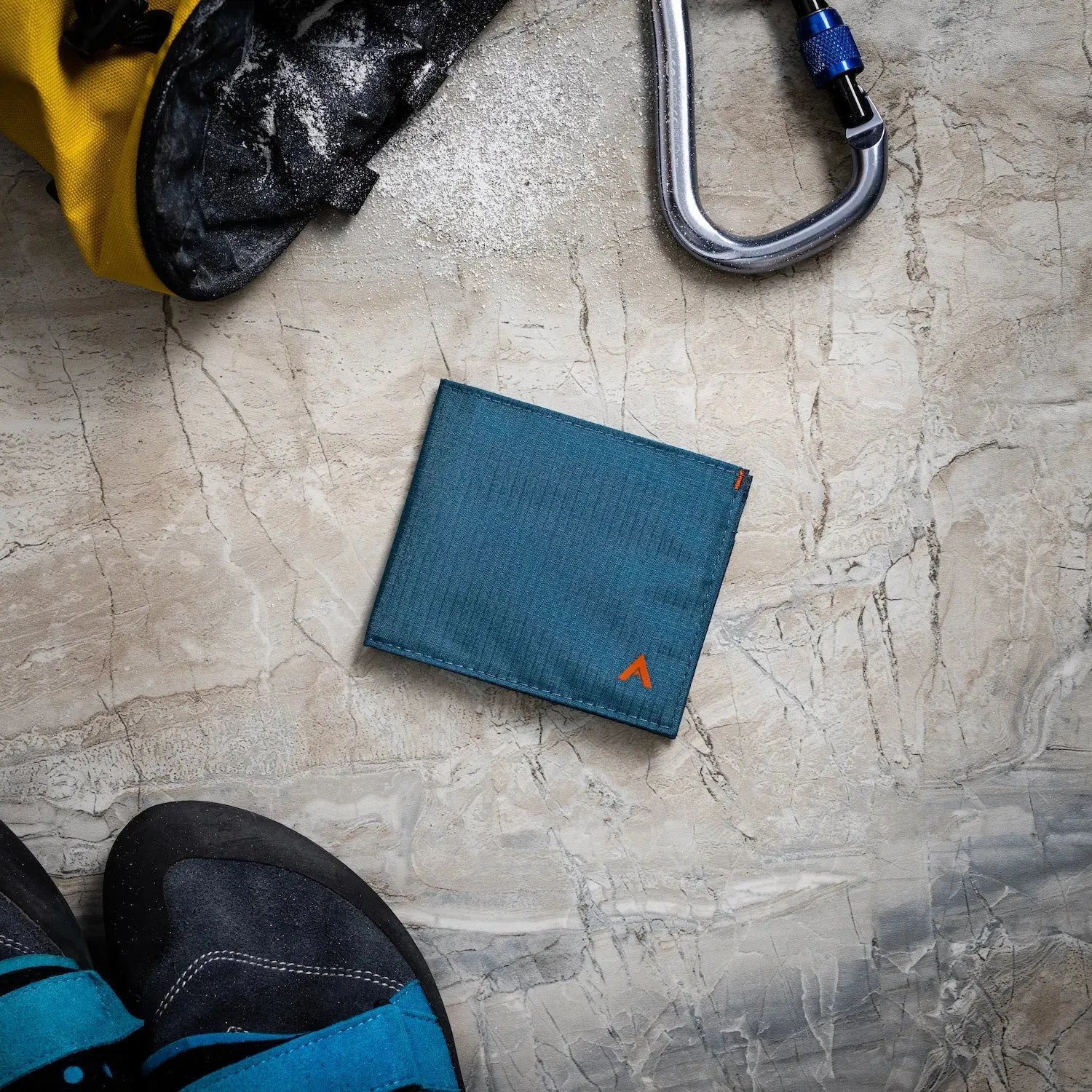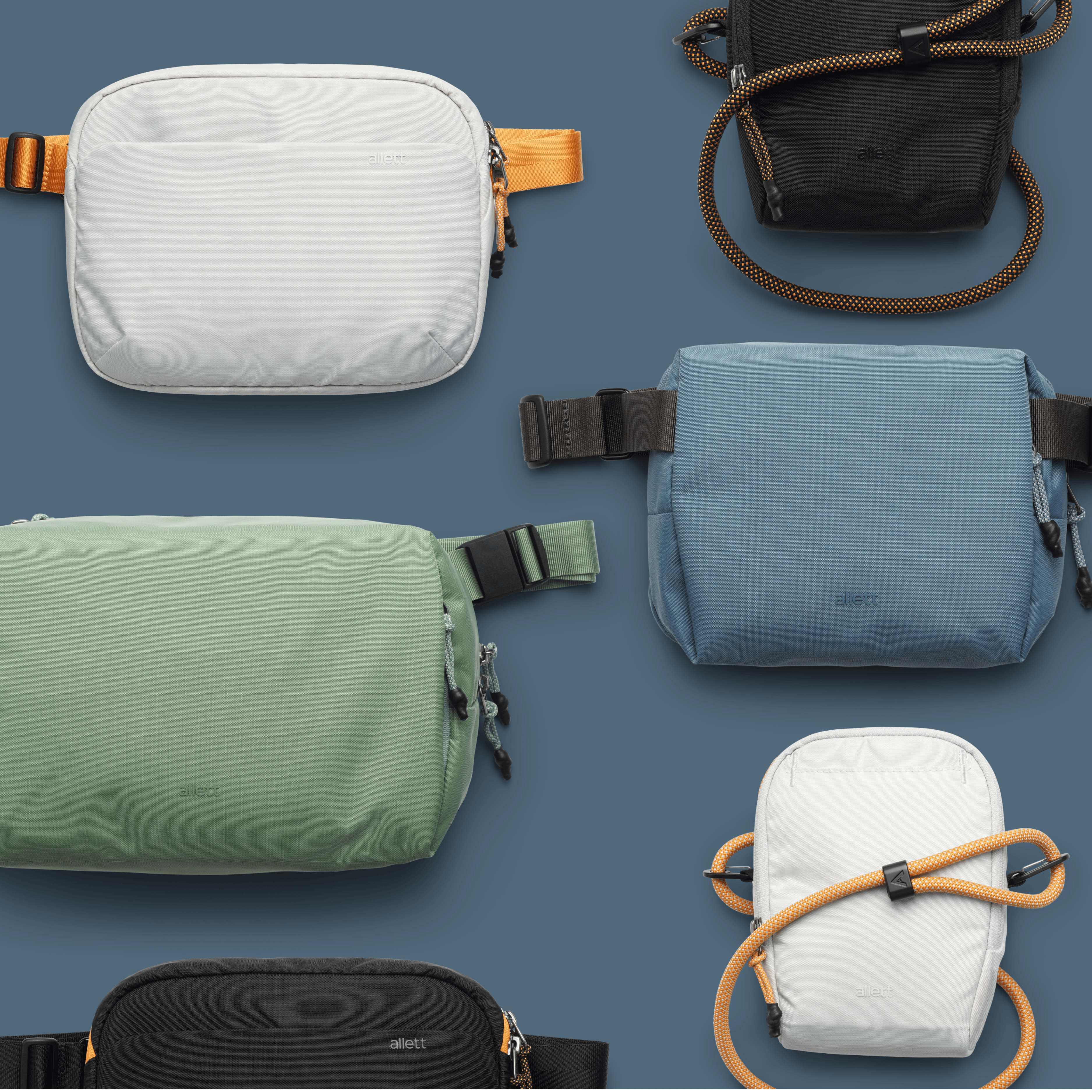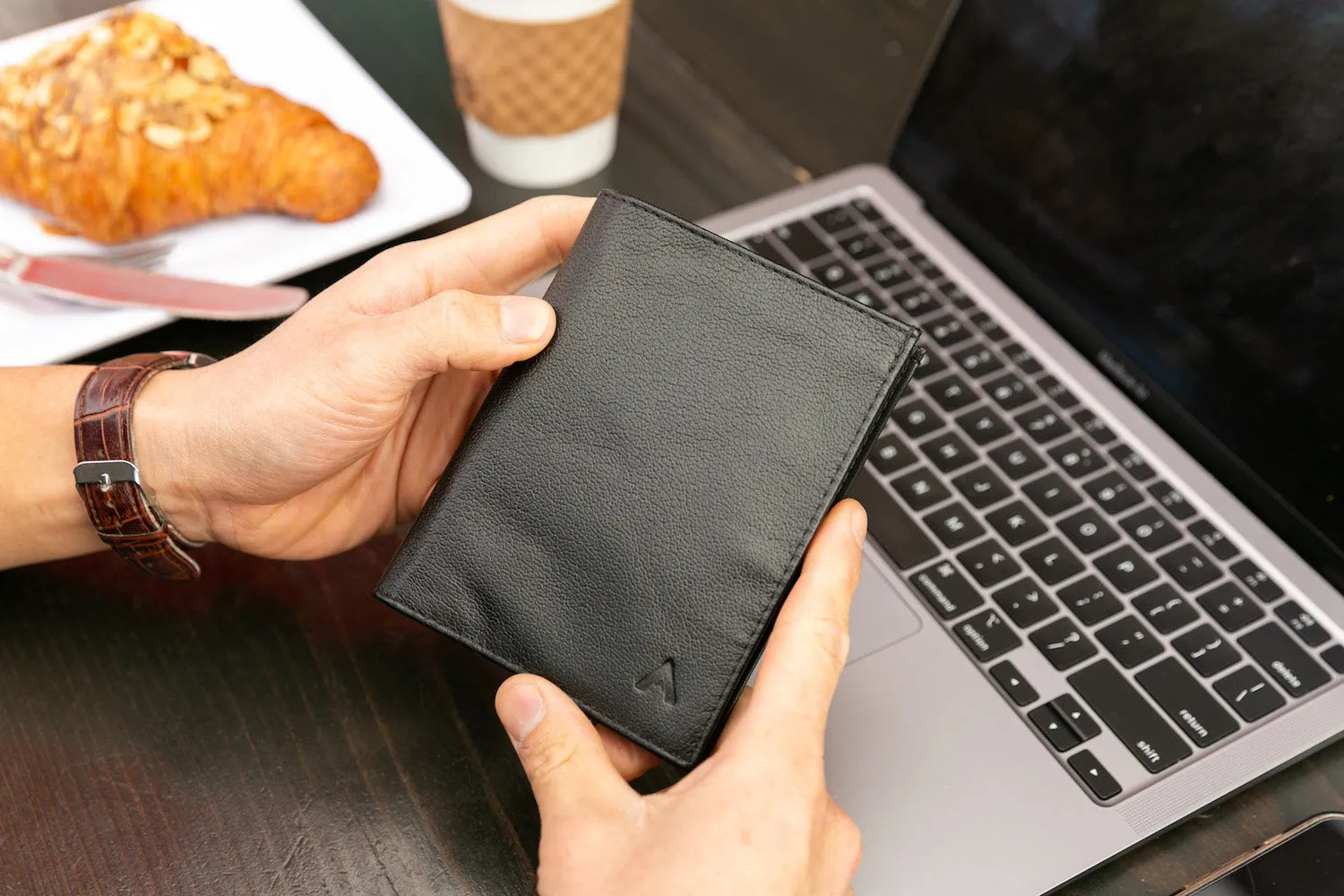Alternatives to N95: Effectiveness of Nonwoven Polypropylene's Particle Filtration In Cloth Masks
Over the past two years, the idea of wearing masks out in public has become commonplace. In an effort to stay safe and prevent the spread of COVID-19, many of us bought disposable masks in bulk from places like Costco, or fun, stylish masks from small designers, or even made our own at home.
But Omicron has changed some things. Most notably, although all masks are still effective, Omicron is considered so contagious that many experts are recommending “N95 masks” – masks that essentially filter out all incoming particles. The problem is that these masks can be:
- Expensive
- Disposable
- Difficult to Find
N95 masks are still very difficult to locate, even 2 years after the pandemic, and even when you can locate them, they are expected to be thrown away after 5 uses, which means that you have to continue to find and buy more. They also tend to be uncomfortable, especially if they’re expected to be worn regularly.

About Nonwoven Polypropylene's Particle Filtration
Cloth masks tend to be more comfortable, more stylish, and reusable. There is a reason why many people prefer to wear cloth masks when possible. But many of us who wear cloth masks worry that our masks aren’t safe, especially because the CDC has recommended that people use N95s (and are giving them out for free!).
N95s are effective because of the particle filtration offered by the material they are made with called nonwoven polypropylene. Nonwoven polypropylene, also called “NWPP,” is a type of fabric that filters a large percentage of small molecules. It is “nonwoven,” which means that the fabric pattern is random, which decreases the likelihood of small holes for particles to get through.
Did you know that Allett’s Face Masks are are equipped with a nonwoven polypropylene particle filtration system as well? By including a sewn-in nonwoven polypropylene filter inside of our bestselling Face Masks, they are able to better filter airborne particles.
NWPP is the only material used in medical grade masks. It is also washable. Placing NWPP inside of fabric masks makes the fabric mask safer, and addresses a lot of the concern over fabric masks.

Is NWPP Enough?
Adding a layer of NWPP in between your cloth mask turns your cloth mask into one that better filters small airborne particles, including COVID-19. But there are two additional things that you need from your mask for it to be safe:
- It needs to be a comfortable and snug fit. The more air pockets there are, the less effective the mask will be.
- It needs to be comfortable enough to wear all day. If a mask is uncomfortable, you may end up fiddling with it, which can make it less effective throughout the day.
At Allett, not only did we make our cloth masks with a filtration layer of NWPP, but we also make sure that they offer a snug fit and are comfortable for all day wear.
N95 masks will always be the gold standard. But for the average person who wants an eco-friendly, reusable mask that offers effective particle filtration, our bestselling Face Masks, with their snug fit and sewn-in nonwoven polypropylene filter, are an effective alternative.
Our bestselling Face Masks are currently 40% off. Shop all styles of our Face Masks today.






Leave a comment
This site is protected by hCaptcha and the hCaptcha Privacy Policy and Terms of Service apply.